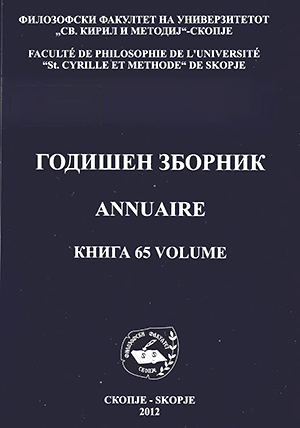CONVERGENCE THEORY OF TERRORISM AND TRANSNATIONAL ORGANIZED CRIME
Abstract
As the 1990s progressed and both criminal and terrorist groups merged economic and political capabilities, it became noticeable that many groups had lost sight of their original motivations and aims. As a result at the start of the twenty-first century a increasing number of groups simultaneously displayed features of transnational organized criminal structures and terrorist organizations. In assessing the development of these hybrid organisations, it is evident that the motivations, organisation, and the operations of criminal and terrorist groups also converged-thus making in analytically difficult to make a division between the two phenomena.
The convergence theory refers explicitly to the idea that criminal and terrorist organisations should converge into a particular entity which primarily displays characteristics of both groups simultaneously; but has the prospective to convert itself into an entity setted at the opposite end of the crime-terror spectrum from which it began. Transformation thus happens to such a degree that crucial aims and motivations of the criminal of terrorist organisation have actually changed. This means that to understand the evolution of these entities, both criminal and political characteristics must be acknowledged and evaluated continuously.


